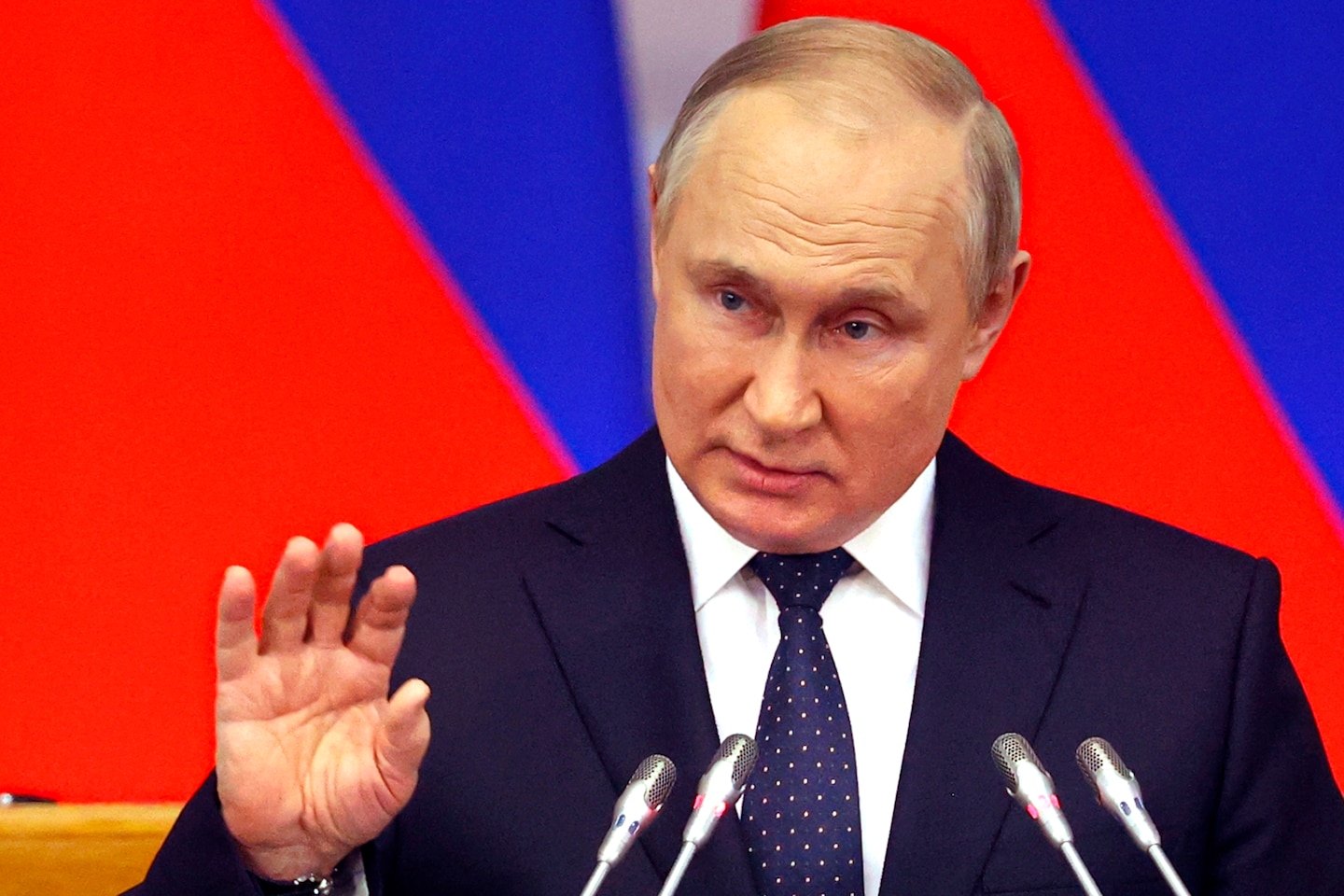Nicholas Eberstadt holds the Henry Wendt chair in political economy at the American Enterprise Institute.
How Russia’s grim demographics could thwart Putin’s global ambitions

With vast territory and abundant mineral reserves, Russia since the days of the czars has banked upon parlaying natural wealth into geopolitical power. The strategy of becoming an “energy superpower” was always a dubious one, but especially so today. Putin is flailing against the history of modern economic development. The wealth of modern nations is overwhelmingly generated by human beings and their capabilities. Natural resources (land, energy and all the rest) have accounted for a shrinking share of global output for the past two centuries, with no end in sight.
Thus, for all its vaunted oil and gas riches, Russia’s export earnings last year were actually lower than Belgium’s. Like other Western democracies, Belgium manages to augment and unlock the economic value residing in human beings. Putin’s petro-kleptocracy is woefully inept on both counts.
When Putin does pay attention to demography, he obsesses over headcounts — for him, “capitas” are more important than “per capitas.” He fixates on raising birthrates and seizing neighboring territory instead of enhancing the capabilities and productivity of his entire population.
Russia is depopulating — even after Putin’s annexation of Crimea in 2014, its total numbers are lower today than when the Soviet Union collapsed. Russia’s working-age population and its pool of prospective 18-year-old conscripts are also falling. Shrinking societies can prosper, as Germany and Japan have shown. Kremlin policies all but preclude that path for Russia.
It is not that Russia lacks talented, enterprising, impressive people, as anyone who has spent time there knows. Nor does it suffer a shortage of formal education. According to one major global assessment, mean years of schooling for Russia’s working age (15-64) population were comparable in 2015 to levels in Denmark, France and Sweden, and well above those in Austria and New Zealand. The problem is that Russia has somehow managed to create a high-education, low-human-capital society. The syndrome was evident under the Soviets, but it is even more acute under Putin’s malign rule.
Consider the sweeping dimensions of Russia’s developmental fail:
- In 2019, according to the World Health Organization, overall Russian life expectancy at age 15 (male and female combined) was lower than in Sudan or Bhutan — places designated by the United Nations as “least developed countries.”
- Urbanization increases human productivity, bringing development gains all around the world, but somehow Russia’s ratio of city dwellers to the general population has stagnated for decades. In shrinking societies such as Germany and Japan, by contrast, both urban population and urbanization ratios have risen.
- Despite Russia’s large and formidable cadre of highly educated working-age men and women, commercially valuable “knowledge production” appears to be marginal today. According to the U.N. World Intellectual Property Organization, Russia accounted for less than one-half of 1 percent of international patent applications in 2019. And Russia’s “patent yield” — international patent applications divided by working-age population with higher education — was far below South Africa’s.
- Russia’s record of creating value out of its human resources is miserable. It has the world’s ninth-largest population, but its exports of commercial services — marketed knowledge and skills, such as banking or insurance — ranked 26th in 2019, behind both Thailand and Turkey. Since the invasion of Ukraine, some of Russia’s best talent has been voting with its feet, heading abroad any way it can.
- National wealth is indispensable to state power and human well-being, but the Russian system produces remarkably little private wealth. According to Credit Suisse, total private wealth in Russia in 2020 amounted to $3 trillion: one-ninth of Japan’s, one-sixth of Germany’s, and scarcely more than Sweden’s (a country with a population 14 times smaller).
Meanwhile, much of the rest of the world beyond Russia’s borders is speeding ahead with improvements in health, education, innovation and wealth. Russia’s dire basic demographic problems are relatively well-known — its declining prospective global shares of total population, working-age manpower, etc. But the demography of Russia’s squandered human potential darkens its prospects further still.
Putin’s recognition of this dismal reality may have stoked his appetite for ever-greater risk-taking in Georgia, Crimea and now Ukraine. His nuclear saber-rattling is the tactic of a leader playing a weakening hand. An open and liberal Russia could still prosper, but it cannot become a normal country under the rule of a petro-kleptocracy.






